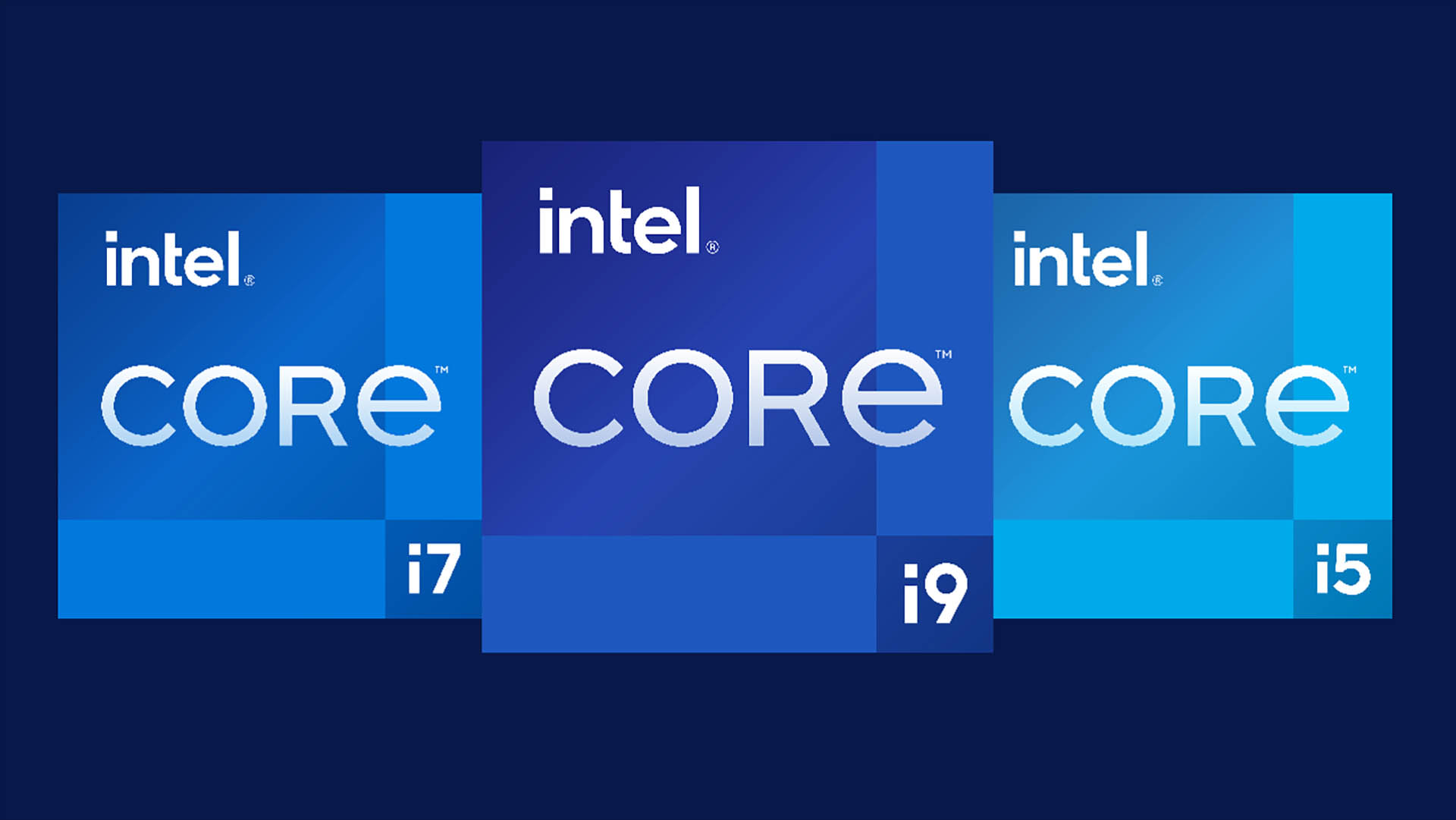Intel's 11th Gen Rocket Lake CPUs rock a double digit IPC boost to take on AMD Ryzen
Courtesy of a new architecture based on 10th Gen Ice Lake.

Keep up to date with the most important stories and the best deals, as picked by the PC Gamer team.
You are now subscribed
Your newsletter sign-up was successful
Want to add more newsletters?

Every Friday
GamesRadar+
Your weekly update on everything you could ever want to know about the games you already love, games we know you're going to love in the near future, and tales from the communities that surround them.

Every Thursday
GTA 6 O'clock
Our special GTA 6 newsletter, with breaking news, insider info, and rumor analysis from the award-winning GTA 6 O'clock experts.

Every Friday
Knowledge
From the creators of Edge: A weekly videogame industry newsletter with analysis from expert writers, guidance from professionals, and insight into what's on the horizon.

Every Thursday
The Setup
Hardware nerds unite, sign up to our free tech newsletter for a weekly digest of the hottest new tech, the latest gadgets on the test bench, and much more.

Every Wednesday
Switch 2 Spotlight
Sign up to our new Switch 2 newsletter, where we bring you the latest talking points on Nintendo's new console each week, bring you up to date on the news, and recommend what games to play.

Every Saturday
The Watchlist
Subscribe for a weekly digest of the movie and TV news that matters, direct to your inbox. From first-look trailers, interviews, reviews and explainers, we've got you covered.

Once a month
SFX
Get sneak previews, exclusive competitions and details of special events each month!
Intel has revealed what's coming with its 11th Gen Intel Rocket Lake-S processors, and you're going to want to check this CPUs out. Coming sometime before March, 2021, the new CPU architecture arriving on desktop will come with a brand new architecture and Intel Xe graphics.
It looks like Skylake is finally being put out to pasture with Intel's 11th Gen, after five generations of desktop chip were produced using some variant of the architecture. In its place will sit Cypress Cove, a new architecture that blends both the core architecture from Intel's 10th Gen Ice Lake mobile chips (Sunny Cove) with the graphics architecture from Intel's 11th Gen Tiger Lake mobile chips, Intel Xe.
That will make for a double-digit percent Instructions Per Clock (IPC) increase, Intel claims, and it says that will help it "deliver amazing performance and flexibility to meet a range of needs for gamers and content creators."
Other improvements include: PCIe 4.0 support for up to 20 lanes, support for new media encoders (HEVC, VP9, SCC, AVI up to 4K60), Deep Learning Boost for AI workloads, increased memory speeds, new overclocking features, and the new Intel UHD graphics featuring Intel Xe.
The only shipping product with Intel Xe powering it today is Intel's 11th Gen Tiger Lake mobile chips. You can see how that architecture stacks up in our Tiger Lake deep-dive. We know Intel plans on incorporating this new graphics architecture into a discrete gaming GPU (DG2) sometime in the future, but before that it looks like we'll be getting a taste of it on desktop.
Perhaps that's not all that exciting, considering we'll almost always be pairing one of Intel's high-end processors with a beefy GPU from Nvidia's RTX 30-series stock or the soon-to-launch AMD RX 6000-series.
| Header Cell - Column 0 | Intel Rocket Lake | Intel Comet Lake | AMD Ryzen 5000 |
|---|---|---|---|
| Cores/threads (max) | 8/16 | 10/20 | 16/32 |
| Architecture | Cypress Cove (Sunny Cove) | Comet Lake (Skylake) | Zen 3 |
| Process | 14nm | 14nm | 7nm |
| iGPU | Intel Xe (Gen 12) | Gen 9 | None (desktop) |
| PCIe 4.0 | Yes | No | Yes |
| Socket | LGA 1200 (unconfirmed) | LGA 1200 | AM4 |
Intel will also introduce a new 500-series chipset with Rocket Lake-S on desktop, although some murmurs around the 10th Gen CPU launch and compatible Z490 motherboards suggest there will be backwards compatibility in some capacity.
Keep up to date with the most important stories and the best deals, as picked by the PC Gamer team.

Best CPU for gaming: the top chips from Intel and AMD
Best graphics card: your perfect pixel-pusher awaits
Best SSD for gaming: get into the game ahead of the rest
The big question remains: Will Intel Rocket Lake have what it takes to take down AMD's Ryzen 5000-series? AMD has also improved IPC and gaming performance significantly with its next-gen processors, set to arrive next month, and Intel may have to pull out all the stops to challenge the red team.
What a strange turn of events.
Also what's a little strange is that Intel will be taking a step backwards in terms of core counts in order to deliver the new architecture. Cypress Cove will max out at eight cores and 16 threads, which is a slight drop next to Intel Core i9 10900K at 10 cores and 20 threads. It also hands AMD the core count lead with its 12- and 16-core Ryzen 9 5900X and Ryzen 9 5950X.
Which is all to say a lot of what has been leaked sporadically over the course of the year was true, after all. It's comforting to have it all in an official PDF nonetheless.
What's not mentioned in the official docs is the process node Intel's using for Rocket Lake, but it has in the past confirmed Intel Alder Lake, a hybrid chip architecture launching at the end of 2020, to be its first 10nm chip on the desktop. So that only really leaves one process: 14nm.
With Intel hitting back at AMD with a brand new architecture, and Nvidia and AMD seemingly now neck-a-neck in graphics card performance, we're entering an incredibly exciting time for PC gaming on all fronts. All this competition has been like an injection of adrenaline right to the heart of PC gaming. Affordable 4K gaming, here we come.

Jacob earned his first byline writing for his own tech blog, before graduating into breaking things professionally at PCGamesN. Now he's managing editor of the hardware team at PC Gamer, and you'll usually find him testing the latest components or building a gaming PC.

